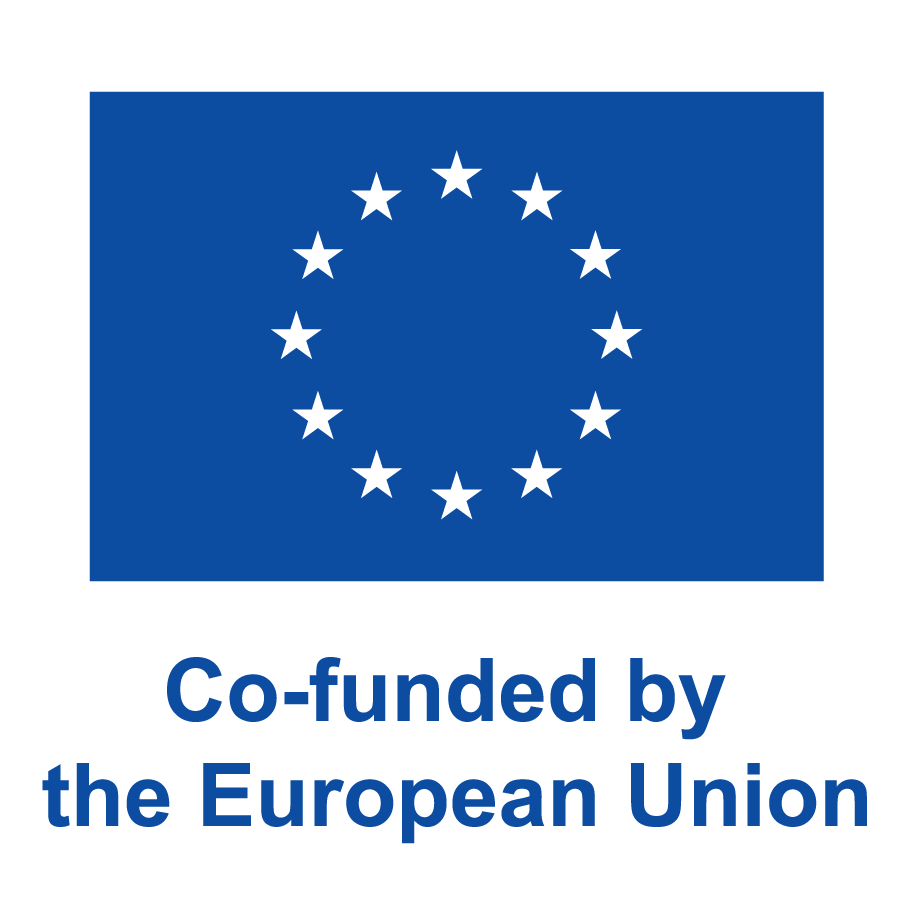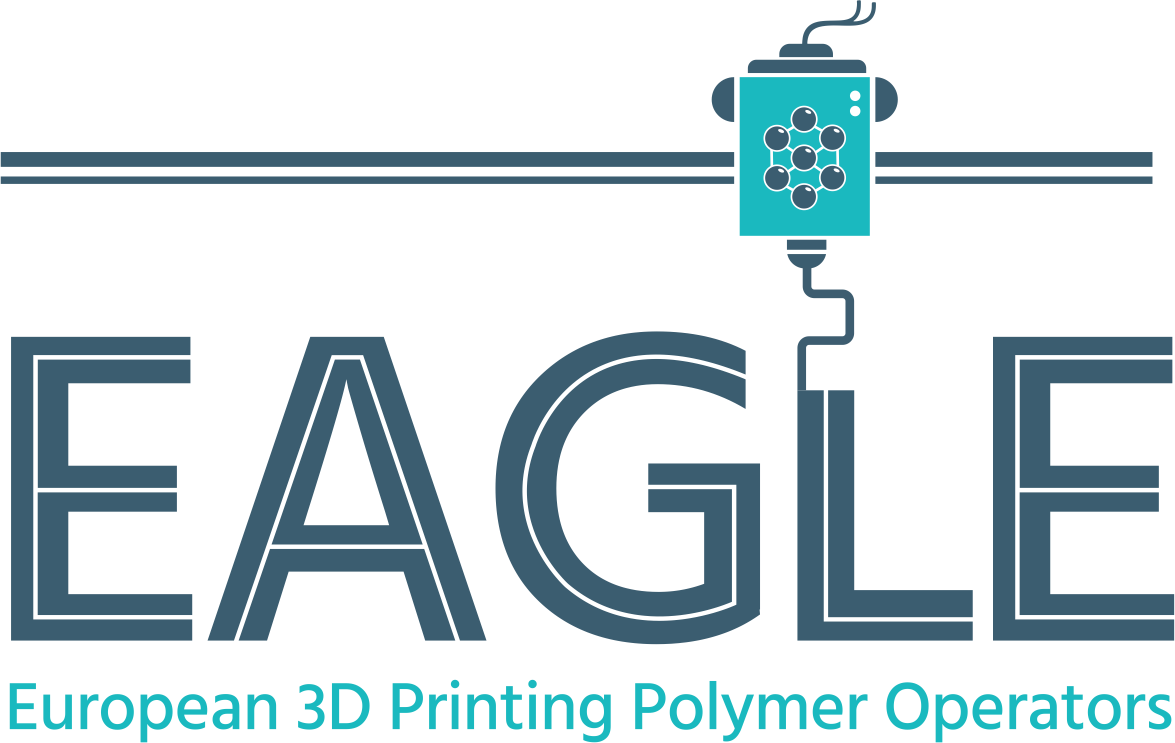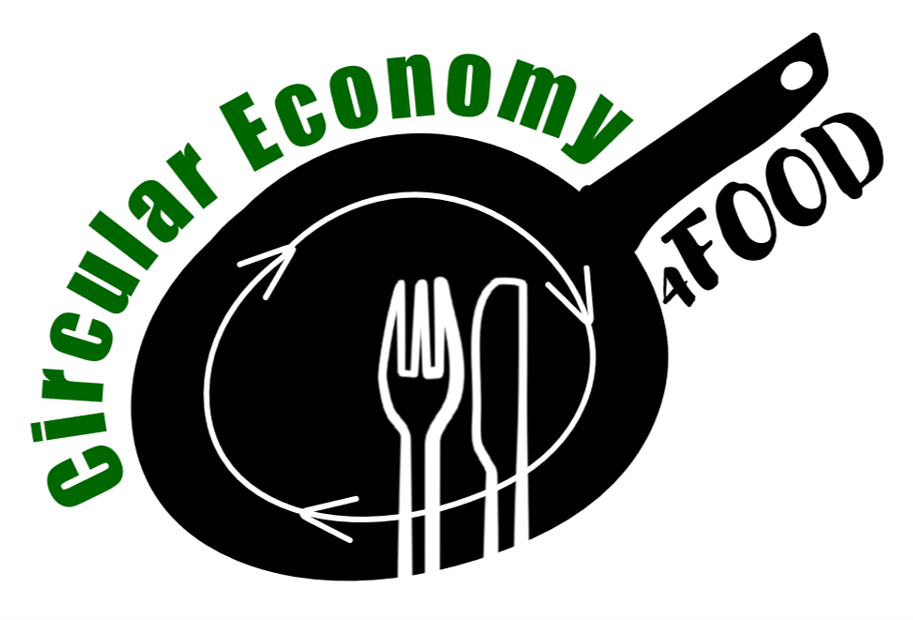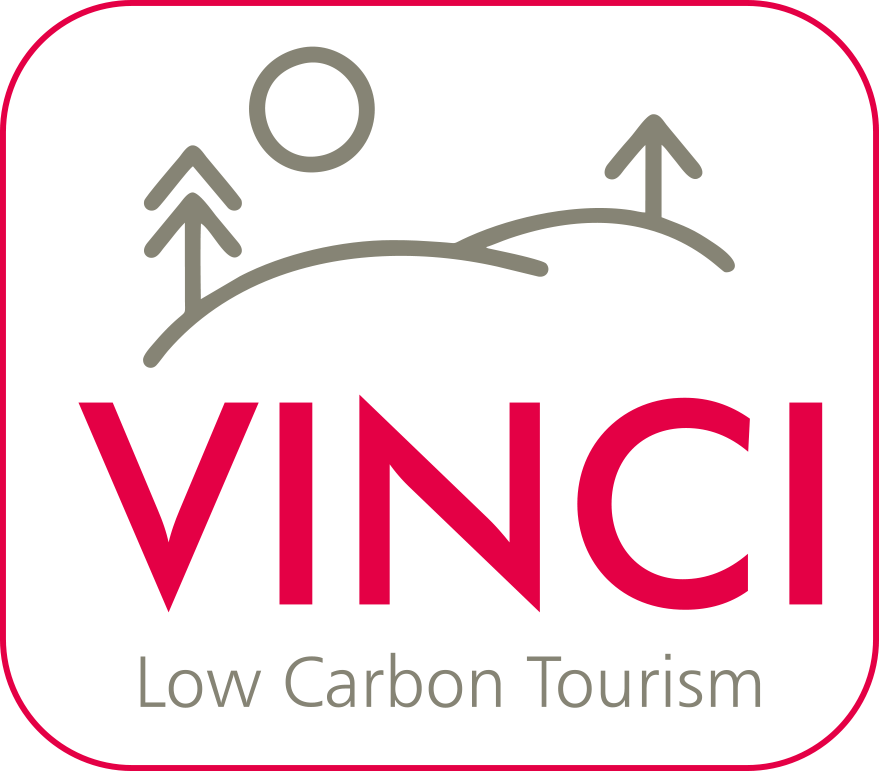- Details
- Hits: 174735
 |
Erasmus Project No. 2024-1-RO01-KA220-HED-000246238Building Opportunities for SMEs Sustainable Entrepreneurship with Artificial Intelligence in Industry 5.0
|
 |
Transnational Initiative to enhance the use of Artificial Intelligence in Education and Business
The BOOST-AI project, funded by the European Union under the Erasmus+ program, is a visionary initiative aiming to equip higher education students and small/ medium enterprises (SMEs) with technological and in line with sustainability skills that will allow them to thrive in the emerging Industry 5.0 landscape.
The project focuses on successfully integrating AI into sustainable entrepreneurship and leveraging innovation and collaboration to address modern industrial challenges. Its main goal is the development of an advanced curriculum combining AI with sustainable business strategies, supported by open-access training materials, case studies, and a dedicated online platform to ensure accessibility for a broad audience. BOOST-AI leverages a strong network of partnerships that involve the collaboration of industry stakeholders, chambers of commerce, and leading universities. In particular, the following organisations are participating:
- Politehnica Bucharest, CAMIS center - coordinator (Romania),
- Libera Universita Di Bolzano (Italy),
- Politechnika Gdanska (Poland),
- Kainotomia & Sia EE (Greece),
- Camera de Comert si Industrie Bistrita Nasaud (Romania),
- Asti Automation SRL (Romania).
In alignment with the EU’s strategic priorities for digital transformation, climate action and sustainability, the BOOST-AI project is a groundbreaking step toward empowering the next generation of innovators and building a greener, more resilient future for all.
More information can be found on the project’s website.
Funded by the European Union. Views and opinions expressed are however those of the author(s) only and do not necessarily reflect those of the European Union or the The National Agency for Community Programmes in the Field of Education and Vocational Training (ANPCDEFP). Neither the European Union nor ANPCDEFP can be held responsible for them.
- Details
- Hits: 234976
|
|
Erasmus+ Project No. 22019-1-MT01-KA203-051265An Innovative Higher Education Institution Training Toolbox to EffeCtively AddRess the EUropean InduStry 4.0 Skills Gap and Mismatches – ICARUS |
 |
Introduction
Project ICARUS brings together a number of experts and leaders in Industry 4.0 from European Higher Education Institutions and lead by the University of Malta to collaborate together to develop specific training content and support HEI trainers and learners.
It is a known fact that the world of work is increasingly becoming digitialised, this is evident from what has been termed the fourth industrial revolution (Industry 4.0). Technology is developing at such a fast pace that even HEI educators are finding difficulties to catch up and keep abreast of the latest technologies. This problem of EU educators needing to urgently catch up with Industry 4.0 technologies is even highlighted by the EU Commision, and World Economic Forum. This implies that educators will not be in an effective position to pass on knowledge to their students who are the workers of future generations. At the same time past generations of students who graduated a few years back find themselves in a position where they do not have the required knowledge to implement Industry 4.0 technologies that had not been developed or thought at the time.
This situation implies that there is an urgent need for HEI trainers and learners to be given the chance to catch up with Industry 4.0 technologies such as:
Artificial Intelligence
Blockchain in Industry
Industrial Internet of Things
3D Printing
Virtual and Augmented Reality
Collaborative Robotics
Cybersecuirty
Industrial Networking
Big Data Analysis
Drones in manufacturing industry
The aim of the ICARUS KA2 Erasmus+ project is to develop an open and digital training toolbox which can be utilised by trainers in Higher Education Institutions to educate both current and previous generations of learners in Industry 4.0 technologies.
Project Output
A Training Toolbox To effectively address European Industry 4.0 skills gap and mismatches
Target Groups
This project is aimed at supporting Trainers and Learners from Higher Education Institutions
Partnership
The ICARUS project is a partnership between 5 European Universities in Malta, Sweden, Portugal, Romania and Italy and is co-funded by the Erasmus+ Programme of the European Union.
University of Malta (Malta)
The University of Malta is the Project Coordinator, and will provide expertise in the fields of Digital Manufacturing, Industry 4.0 and Knowledge Management.
University of Minho (Portugal)
The Universidade Do Minho will provide expertise in Cyber Physical Production Systems (CPPS) and Social Networked pedagogical based approaches.
KTH Royal Institute of Technology (Sweden)
The KTH will be supporting the ICARUS Project by providing their expertise in Robotics, Smart Production and Industry 4.0 Business Models.
Free University of Bolzano (Italy)
The partners from the Free University of Bolzano are experts in Industry 4.0, Smart Production Systems and Robotics.
Politehnica University of Bucharest (Romania)
UPB-CAMIS research center provides Experts in AR/VR technologies, 3D Printing, Industry 4.0, development of drones and e-learning environments.
For more information, please visit the digi4HEALTH project website here.
- Details
- Hits: 279740
 |
Erasmus+ Project No. 2021-1-CZ01-KA220-VET-000033007EuropeAn 3d printinG poLymer opErators (EAGLE) |
 |
The development of a brand-new AM Polymer Operator harmonized curriculum aligned with industry and constantly updated on a regular basis, is a priority in current times. The EAGLE project will tackle the adversities previously identified with the development of a brand-new harmonized training curriculum for AM Polymer Operators.
The EU Additive manufacturing industry is increasingly expanding, resulting in the creation of new positions that necessitate the acquisition of new skills and qualifications. For the next 24 months the primary goals of the EAGLE project are to develop novel curricula, course training materials, and an e-platform centered on the idea of innovative learning and unified standard creation. These resources will provide adults with a benchmark measure, and they will be free and available to the public. The project aim is also closely tied to the betterment of the skills mismatch and is addresses the creation of a wide standard of qualification from which will in the end benefit the industrial labor market.
The project expects a powerful impact on the applicants, participating organisations, target groups and other relevant stakeholders. The partners will work hard to ensure that EAGLE project activities and results lead to a significant increase in the number of VET graduates with suitable 3D printing skills and knowledge that enter the job market, thus supporting the European economic growth and contributing to a better society. Impact on the participants: - increased knowledge on 3D printing technology - acquisition of 3D printing skills and knowledge relevant for the European job market needs - improved multicultural and communication skills.
Observing, shadowing and discussing work with colleagues will represent the most important measure for transfer and acquisition of knowledge.
The project will be implemented in the Czech Republic, Romania, Belgium and Hungary.
You can visit ewf.be for more information.
This project has been funded with support from the European Commission. This publication reflects the views only of the author, and the Commission cannot be held responsible for any use which may be made of the information contained therein. Erasmus+: 2021-1-CZ01-KA220-VET-000033007
- Details
- Hits: 234280
|
|
Erasmus+ Project No. 2020-1-RO01-KA202-080164Connecting ICT solutions with circular food to lay a path for sustainability (CE4FOOD) |
 |
New CE4Food European Project fosters food waste awareness within the scope of Circular Economy
This new European transnational project started on the first of November 2020 and will be carried out over the upcoming 24 months. It is being developed by experienced partners from Lithuania, Greece, Romania, Scotland and Spain.
The CE4Food project, aimed at the hospitality industry, is co-funded by the European Union and is aligned with the EU’s plan for a Circular Economy. It intends to fill a gap detected in food waste management practices, promoting global awareness and fostering a Circular Economy mindset within the food sector and its different and diverse stakeholders.
Food and how it is consumed goes beyond cultural values and behaviours. It has a significant impact on the environment. Currently, food waste is responsible for an estimated 8 percent of global greenhouse gas emissions. Every year, about 88 million tonnes of food are wasted across Europe, at a cost of €143 billion. 70 percent of global waste comes from food service, retail, and households. Kitchen staff, therefore, may certainly become key in the process of waste minimization.
CE4Food will produce and develop an e-Platform with extensive resources on food waste management for VET educators, a digitally interactive food waste canvas and simulator tools, which VET providers may utilise with students in the workplace, as well as storytelling-based case studies in Augmented Reality (AR) as examples of good food waste management practices.
Stay tuned and make sure to follow our progress on Facebook, Linkedin and Instagram.
CONTACTS
This email address is being protected from spambots. You need JavaScript enabled to view it.
For more information, please visit the CE4FOOD website.
- Details
- Hits: 264627
 |
Erasmus Project No. 2021-1-MT01-KA220-VET-000025011Virtual & Augmented Reality Trainers Toolbox to foster Low Carbon Tourism & Related Entrepreneurship
|
 |
7 European partners working together to foster Low Carbon Tourism
The VINCI project thus aims to foster a shift towards low carbon tourism (LCT) and foster related entrepreneurship across a number of EU Member States. To do so, the VINCI project brings together a number of partners from across Europe, purposely chosen in such a way to ensure a good mix and balance between experts in Climate Change/Sustainability, Tourism, Entrepreneurship, work-based training, VET Curriculum development/pedagogy and digital technologies (AR/VR and m- / e-Learning). In addition, given tourism and related economic activities vary across Europe’s Geographic spread, the VINCI consortium brings together partners from Northern Europe down to the very South. Together, these VINCI partners have thus set the following objectives to help reach the overall project aim: OB1: development of an innovative curriculum to help fosters low carbon tourism activities and amplify related entrepreneurship; OB2: raising awareness through 'best practice' case-studies of how tourism stakeholders can generate less CO2 emissions in all three phases of travel tourism; OB3: develop a set of modular training resources on low carbon tourism activities and related entrepreneurship, some of which will be Augmented and/or Virtual Reality based to better engage learners; OB4: development of the VINCI Toolbox consisting of a repository of digital training resources on LCT, including an m-/e-Learning platform to help stakeholders acquire skills on LCT even at their place of work & home; OB5: development of a Trainer's Guide e-book intended to recommend to VET trainers, specific training units and/or training styles relevant to different tourism sector stakeholders; OB6: to disseminate in both the partner countries and other EU Member States, awareness on the concept of LCT as well as the VINCI project results that can exploited by the project's target groups that includes VET trainers/tourism mentors, VET learners as well as tourism sector stakeholders including entrepreneurs.
On completion, the VINCI project will deliver the following key results (R):
- R1: An Innovative Curriculum To Foster knowledge on Low Carbon Tourism concepts and amplify related entrepreneurship;
- R2: A Set of Twelve AR/VR Enhanced Case-studies of how stakeholders can generate less CO2 emissions in all three travel phases involved in the tourism sector;
- R3: The VINCI 'Low Carbon Tourism and related Entrepreneurship' Digital VET Toolbox;
- R4: The VINCI Trainers Guide e-Book on Low Carbon Tourism and related Entrepreneurship.
The VINCI project partners have been chosen in such a way as to ensure a good balance between experts in adult pedagogy, tourism, climate change, work-based training, curriculum development, augmented/virtual reality as well as partners with a strong link to the tourism sector. VINCI thus brings together a number of European entities ranging from HEI Training Institutions, Eco Tourism Research institutes, private digital technology service providers and toursim stakeholders to collectively develop the VINCI toolkit, targeted at providing training resources that will help foster low carbon tourism in Europe.
- MACDAC ENGINEERING CONSULTANCY BUREAU LTD - MECB, Malta
- INSTITUTE OF TOURISM STUDIES, Malta
- Institut za turizam, Croatia
- UNIVERSITATEA POLITEHNICA DIN BUCURESTI, centrul CAMIS, Romania
- Social Cooperative Enterprise Drosostalida, Greece
- Institut pro regionální rozvoj, o.p.s., Czech Republic
- SIHTASUTUS STOCKHOLMI KESKKONNAINSTITUUDI TALLINNA KESKUS, Estonia
For more information please visit the project website at https://eumecb.com/vinci/.



